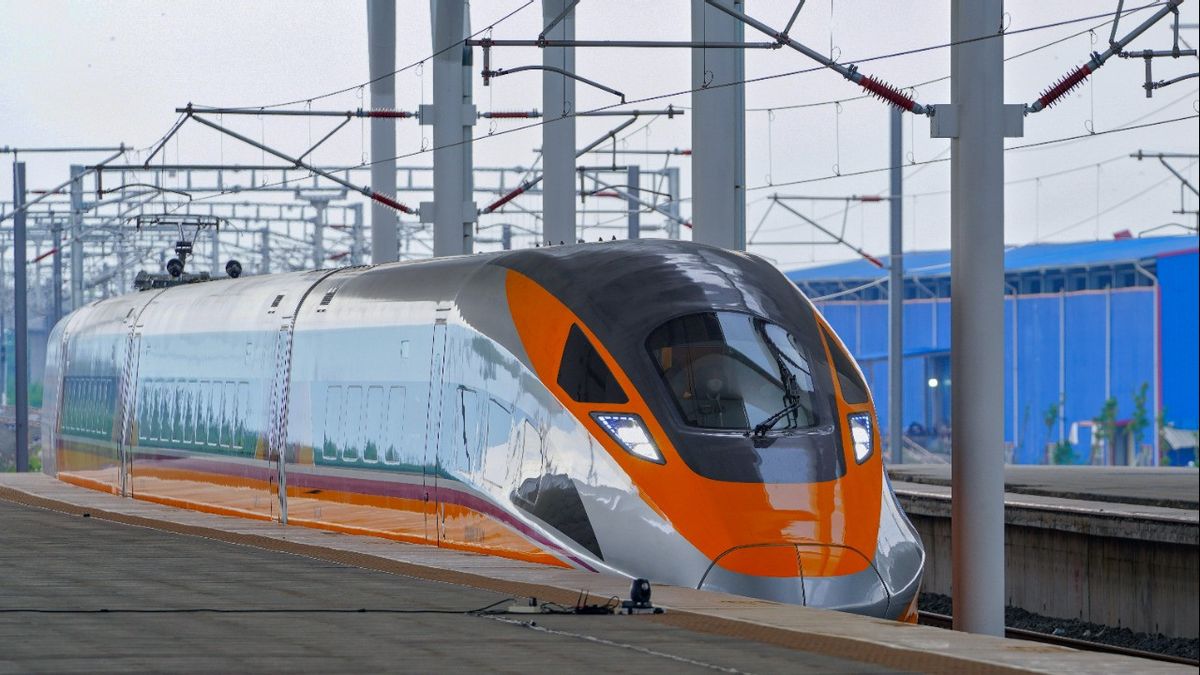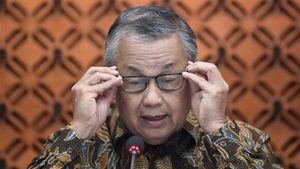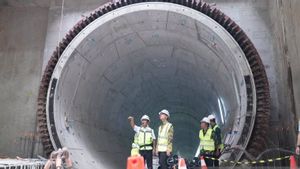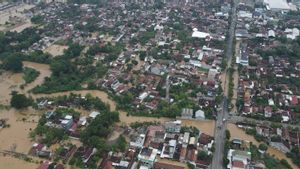JAKARTA - PT Kereta Api Indonesia (Persero) has received State Capital Participation (PMN) of IDR 3.2 trillion.
This PMN was originally intended to be used to finance Indonesia's equity portion over the cost overrun or swelling costs of the Jakarta-Bandung High Speed Train (KCJB) project.
The PMN acceptance is determined based on Government Regulation Number 62 of 2022 concerning the Addition of Indonesian PMN to KAI's Share Capital on December 31, 2022.
KAI's VP of Public Relations Joni Martinus said PMN sourced from the 2022 State Budget would increase KAI's capacity in order to complete the assignment given by the government, namely the KCJB project.
Through this PMN, said Joni, KAI will oversee the construction of KCJB so that it can be enjoyed by the community according to the set time.
"KAI will use the PMN to finance Indonesia's portion of equity on the cost overrun of the KCJB project so that its construction can achieve the operational target in June 2023," he told reporters, Tuesday, December 3.
Joni said, KAI together with all stakeholders also continues to strengthen their commitment and improve coordination for the safety of KCJB project development.
In accordance with Presidential Decree No. 93 of 2021, KAI is appointed as the head of the BUMN consortium for the KCJB project and stipulates that the government can provide PMN to the leadership of the BUMN consortium.
As a National Strategic Project (PSN) to serve public transportation, government support is urgently needed for the completion of the first high-speed train in Southeast Asia.
The determination of the cost overrun for the KCJB project has also gone through an audit by the Financial and Development Supervisory Agency (BPKP) so that it can be accounted for.
KAI also ensures that it will manage PMN funds according to the good corporate governance (GCG) to realize accountability for the construction of accountable KCJB projects.
As of December 2022, the progress of KCJB's physical development has reached 82.61 percent. The progress of KCJB's investment reached 91.8 percent.
KAI together with all stakeholders continue to prepare facilities, infrastructure, and human resources so that when operated later, KCJB is in a reliable and prime condition and does not experience significant problems.
The presence of the Jakarta Bandung high-speed train is not only a new transportation alternative that connects the two regions, but also has an impact on increasing economic activity in the region that is traversed, "concluded Joni.
The English, Chinese, Japanese, Arabic, and French versions are automatically generated by the AI. So there may still be inaccuracies in translating, please always see Indonesian as our main language. (system supported by DigitalSiber.id)













